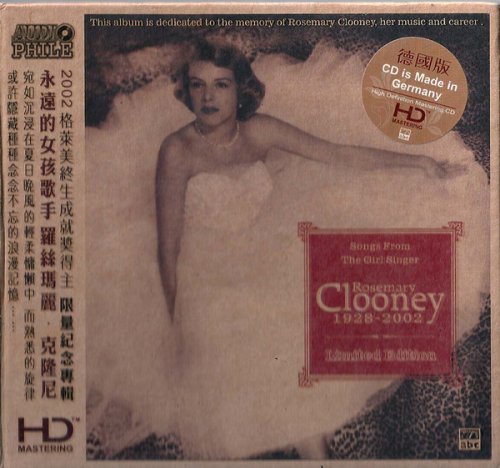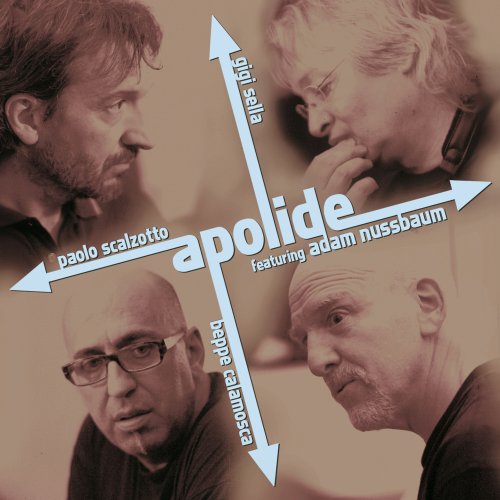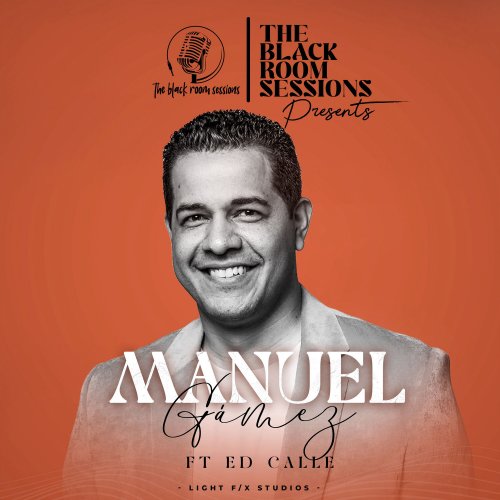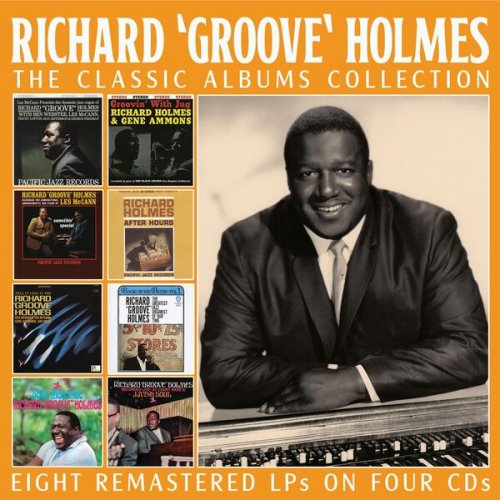ARC Ensemble - Robert Müller-Hartmann: Chamber Works (2023) [Hi-Res]
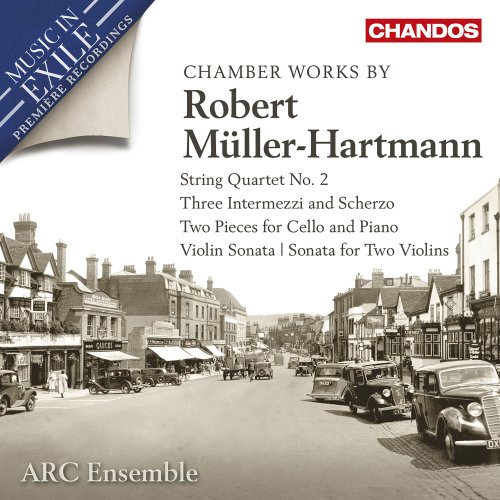
Artist: ARC Ensemble
Title: Robert Müller-Hartmann: Chamber Works
Year Of Release: 2023
Label: Chandos
Genre: Classical
Quality: flac lossless (tracks) / flac 24bits - 96.0kHz +Booklet
Total Time: 01:09:16
Total Size: 320 mb / 1.19 gb
WebSite: Album Preview
TracklistTitle: Robert Müller-Hartmann: Chamber Works
Year Of Release: 2023
Label: Chandos
Genre: Classical
Quality: flac lossless (tracks) / flac 24bits - 96.0kHz +Booklet
Total Time: 01:09:16
Total Size: 320 mb / 1.19 gb
WebSite: Album Preview
01. Sonata for Violin and Piano, Op. 5: I. Mäßig schnell. Sehr zögernd beginnen
02. Sonata for Violin and Piano, Op. 5: II. Ruhevoll (aber nicht schleppen)
03. Sonata for Violin and Piano, Op. 5: III. Sehr schnell – Gesangvoll, fließend
04. Two Pieces for Cello and Piano: I. Meditation
05. Two Pieces for Cello and Piano: II. Elegy
06. Sonata for Two Violins, Op. 22: I. Schnell – Weniger schnell (doch flüssig)
07. Sonata for Two Violins, Op. 22: II. Kanon. Ruhig bewegt
08. Sonata for Two Violins, Op. 22: III. Scherzo. Sehr lebhaft – Mäßig bewegt – Da capo
09. Sonata for Two Violins, Op. 22: IV. Schnell, mit Anmut
10. Three Intermezzi and Scherzo for Piano, Op. 22: Intermezzo I. Etwas bewegt
11. Three Intermezzi and Scherzo for Piano, Op. 22: Intermezzo II. Zart, fließend
12. Three Intermezzi and Scherzo for Piano, Op. 22: Intermezzo III. Etwas bewegt
13. Three Intermezzi and Scherzo for Piano, Op. 22: Scherzo. Sehr lebhaft
14. String Quartet No. 2, Op. 38: I. Andante tranquillo
15. String Quartet No. 2, Op. 38: II. Vivace e scherzando
16. String Quartet No. 2, Op. 38: III. Adagio
17. String Quartet No. 2, Op. 38: IV. Allegro molto
![ARC Ensemble - Robert Müller-Hartmann: Chamber Works (2023) [Hi-Res]](https://www.dibpic.com/uploads/posts/2023-11/1700149845_71mr8igw3yl__sl1500_.jpg)
Robert Muller-Hartmann was born in Hamburg, in 1884, the son of the piano teacher and clarinettist Josef Muller and his wife, Jenny. He studied in Berlin for four years, but then returned to Hamburg where he pursued a successful career combining teaching, composing, and writing. His works were widely performed by conductors such as Karl Muck, Carl Schuricht, Richard Strauss, Otto Klemperer, and Fritz Busch, and regularly played on German Radio. With the advent of National Socialism, in 1933, Muller-Hartmann was forced to resign from his teaching posts at the University and Conservatory. He continued to teach at Hamburg's Jewish girls' school, and was an active contributor to the Judischer Kulturbund (Jewish Cultural Federation). In the mid 1930s, Eugenia and Jacob (Yanya) Hornstein, Hamburg friends of the Muller-Hartmanns, moved to the town of Dorking, some twenty-five miles south of London, and in 1937 the Muller-Hartmanns followed them. The thirteen years Robert spent in England saw the country scarred by the losses, destruction, and privations of war. There was very little time or opportunity for him to secure a place in his adoptive country's musical life, and despite his considerable success in Germany during the 1920s and '30s, his reputation had failed to cross the English Channel. A general antipathy to the inclusion of German musical exiles and his modest, rather retiring personality ensured that he would soon be forgotten.
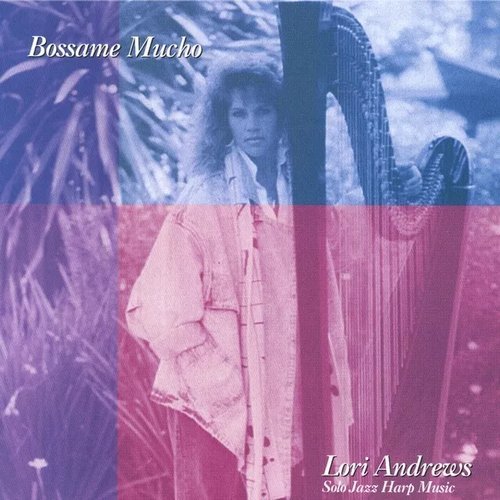
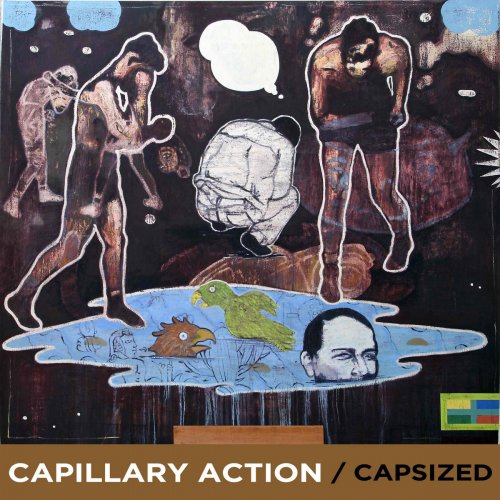
![Casiopea 3rd - Vestige (2017) [3CD] Casiopea 3rd - Vestige (2017) [3CD]](https://www.dibpic.com/uploads/posts/2024-07/1719998305_front.jpg)
![Enri Zavalloni - Organ Express (2024) [Hi-Res] Enri Zavalloni - Organ Express (2024) [Hi-Res]](https://www.dibpic.com/uploads/posts/2024-07/1720178614_gb9i2faal8gpb_600.jpg)
